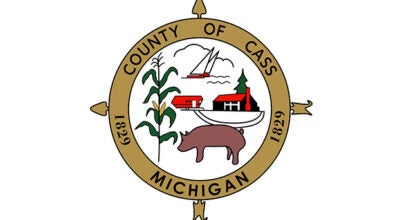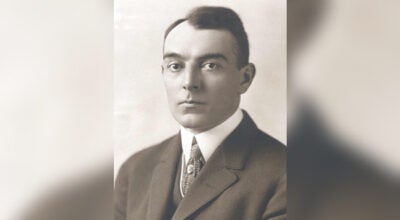Hope in the dark
Published 8:00 am Friday, October 31, 2014
Local official explains hospice care to Rotary
Caring for someone during their final days is a heart wrenching experience for loved ones – and for the caregivers assisting them.
With that in mind, the Hospice Care of Southwest Michigan is there to help, providing counseling and emotional support to every party involved in the process.
“We think of our client as the one being ill, but also our
caregivers, because they are going through it together,” said Laura Latiolais, the director of community relations with the organization.
Latiolais spoke about the services that hospice care provides to the residents of Cass County during her presentation to the Dowagiac Rotary Club on Thursday. The director discussed the end-of-life caregiving process to the over 30 members in attendance at the club’s usual luncheon meeting at the Elks Club.
Latiolais explained that while many people believe that hospice workers only care for dying patients in their last few days of life, the reality is that many caregivers are with them for up to six months before they pass away.
“People do not die sooner when they come into hospice,” she said. “I can’t say that strongly enough. Studies have shown that people live longer when they come into hospice, because their care is coordinated.”
A majority of people entering hospice care are referred to the service by their physicians, though around 20 percent come from the families themselves, she explained. In most cases, Medicare covers costs for patients and their families, though laws prohibit payments for hospice care that exceeds six months.
“As long as they are still declining, still need those services, they will qualify for whatever insurance covers them,” Latiolais said. “If they don’t have insurance, any nonprofit hospice, and some of the for-profits, will continue to care for them.”
The southwest Michigan organization supports families living in Kalamazoo, Van Buren and Cass counties. In addition to traditional in-home care, they also support clients from their 18-room hospice residence, Rose Arbor, located in Kalamazoo.
While a majority of their funding comes from Medicare, the expenses necessary to maintain the complex and other services require them to reach out the community for support, Latiolais said.
“Our fundraising budget is small compared to the reimbursement we get from insurance companies,” she said. “But it’s so important, because it’s what provides grief support.”
In addition to their annual Bells for Hospice fundraiser, this year the organization will be hosting a radio-thon on South Haven-based COZY-FM in December to help solicit donations for the upcoming year.





